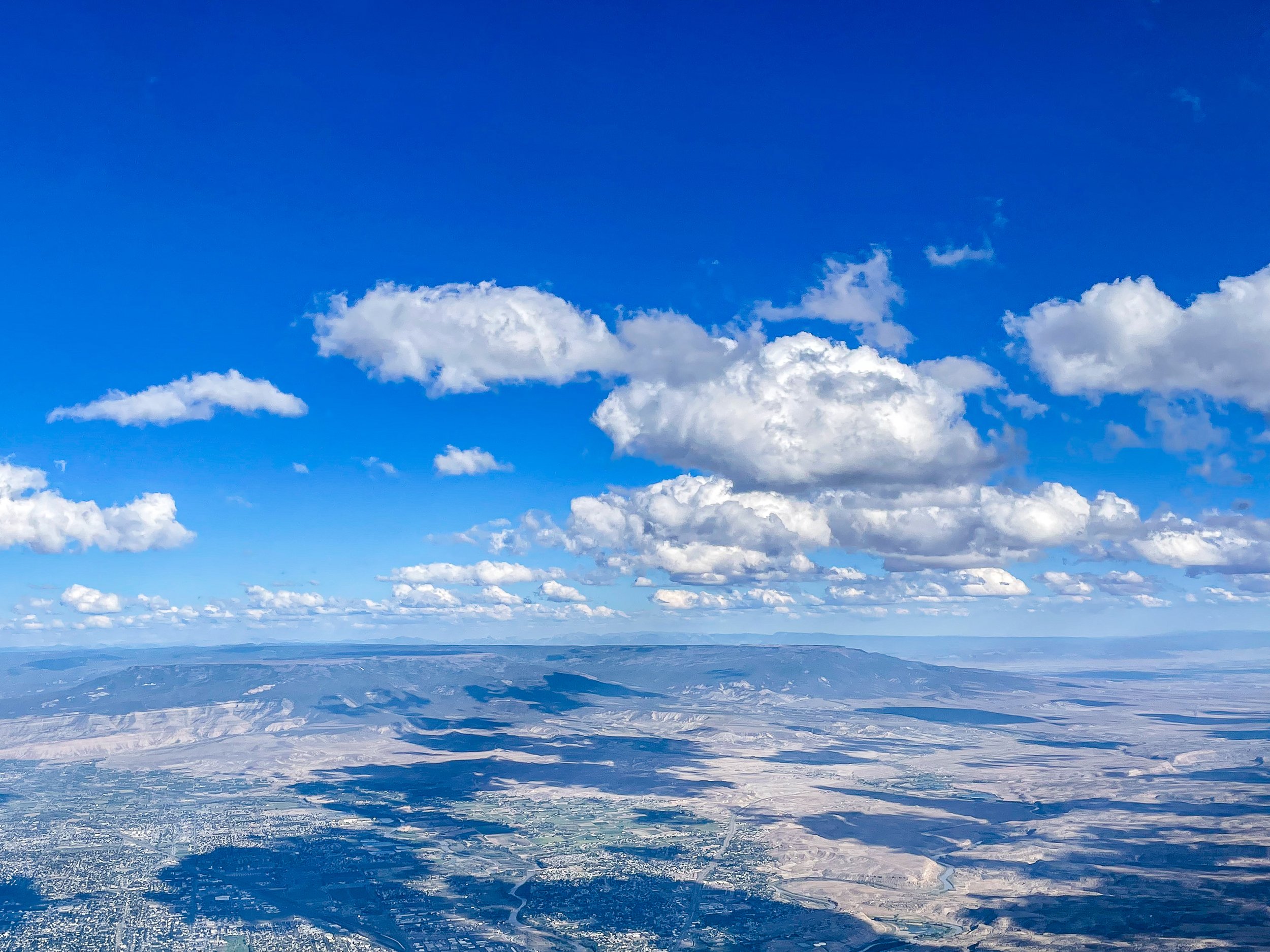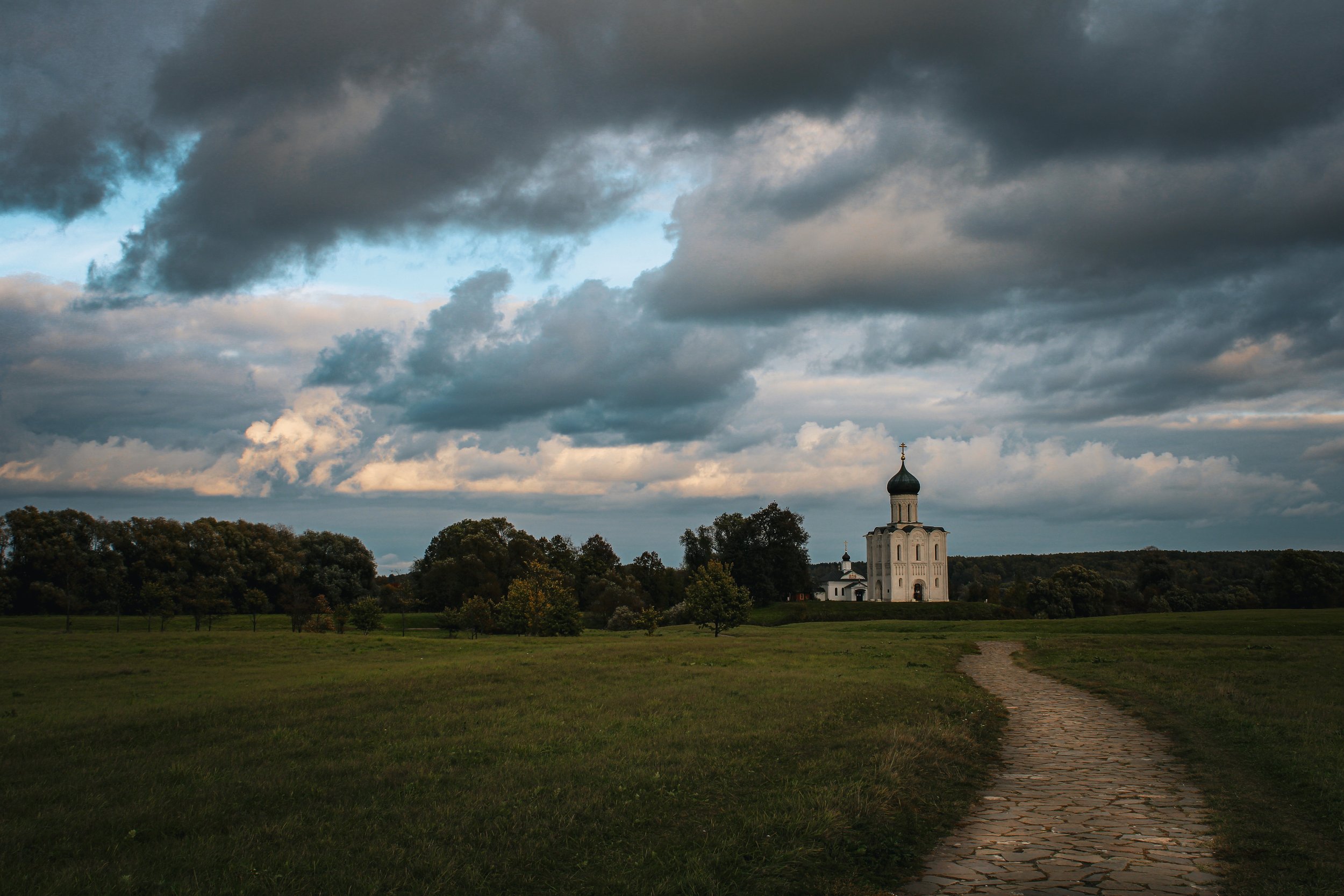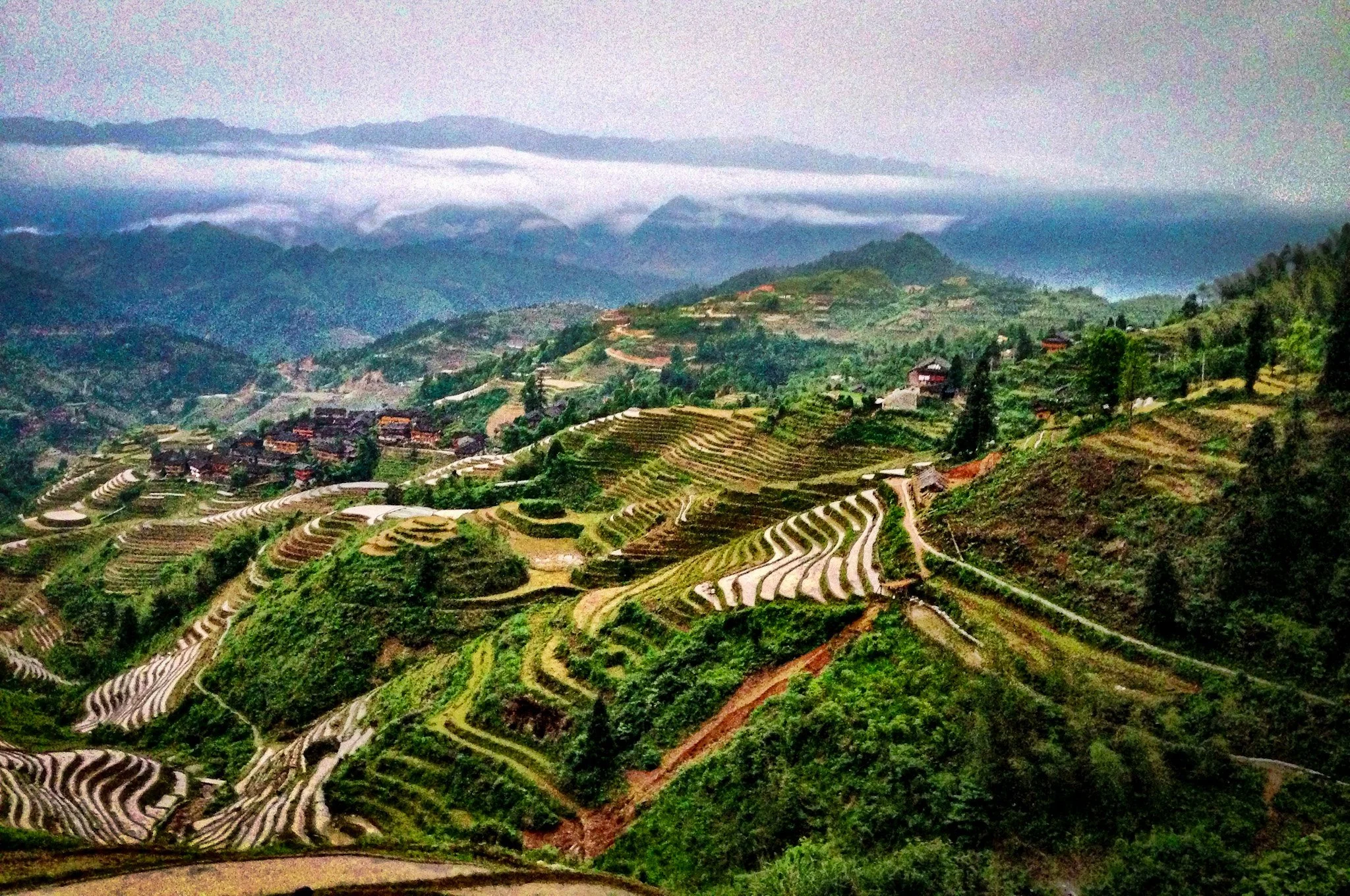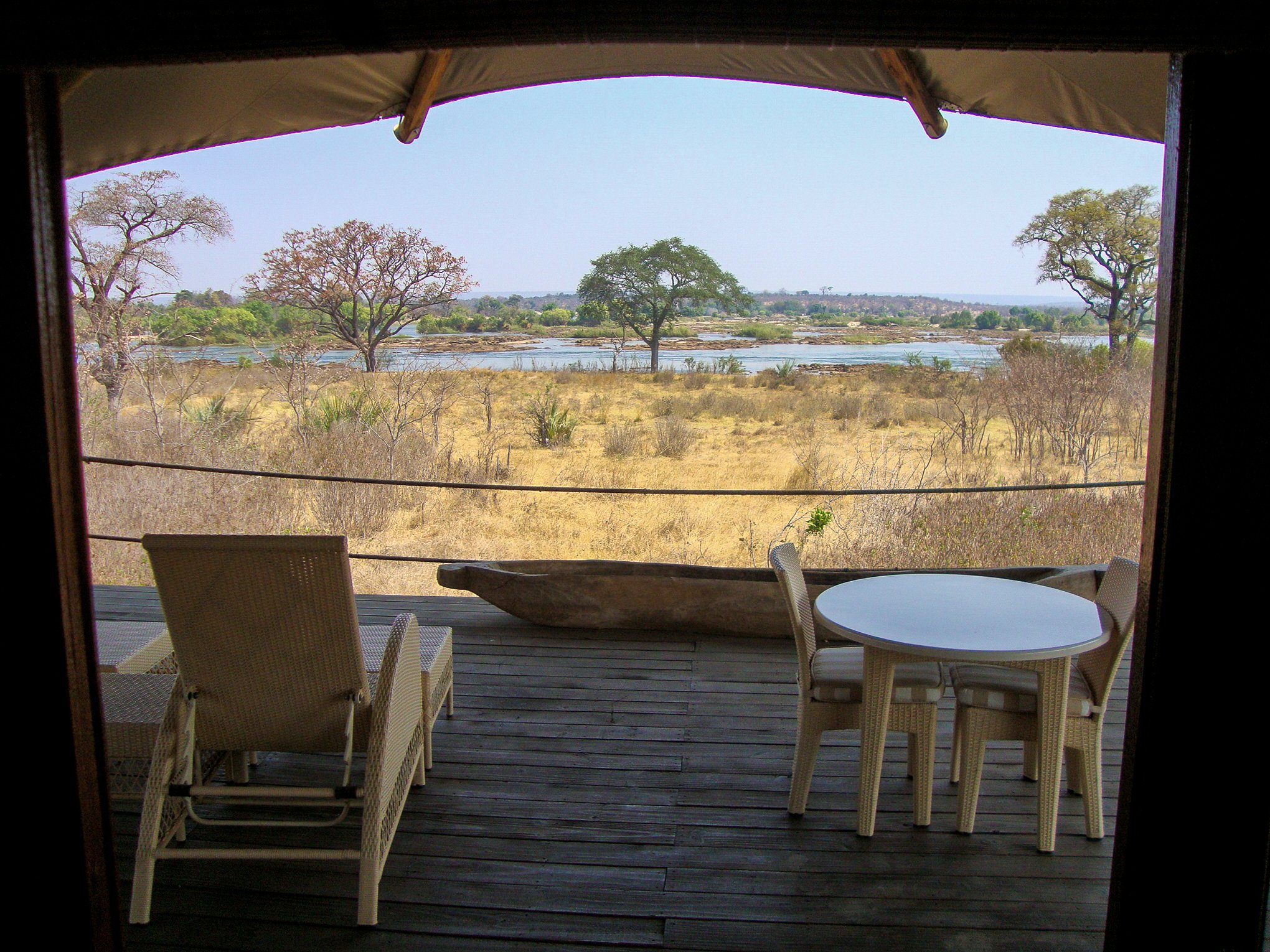Family Trees and TAV
I’m rereading The Lord of the Rings by J.R.R. Tolkien, and the appendices at the end of the book are making me think about my place in life. I’ve realized I’m essentially just one point on the family tree, like one of the peculiar names within the genealogical trees in Appendix C, “Bungo” or “Bingo” or “Gruffo.” We’re so self-centered about our own life experience, we tend to think we’re Bilbo or Frodo in the grand story of our time. But most of us are 'just’ Bingo, and that’s okay. Besides, is it so bad to be Bingo? To have a beautiful baby daughter, to raise her (and maybe more children), and live out my days with my beautiful wife and the rest of my family? Is that so utterly horrible? I would hope that at my end, I would look back on such a life with fulfillment and satisfaction.
But there’s something that pulls at me still. Some sense of contribution. I feel I should contribute to this world, to make it better, to leave it better than upon my entering it. I’m not sure why this pressure lingers over my head, perhaps it was how I grew up. But it’s why TAV exists. It’s my unique attempt to produce something that matters, to contribute to the human story, to the journey of Earth in time and space. I want people to appreciate the Earth’s beauty through my photography. I want to inspire people through my writing. I want to unite people despite their differences through my podcast. And I want to serve others through my consulting. This is the way I know how to give back.
And I think it’s okay for that gift to be relatively small—to otherwise live out Bungo’s path in raising a family and enjoying one’s time with their tribe. If we all chose such a course, there would be a lot less shadow in the world. If we could give up greed for the hero’s journey, we might make that path accessible for those who it’s destined. It might enable such a worldwide fairytale of the Shire, as Tolkien so vividly described. It really is up to us to create Earth’s legendarium.





























